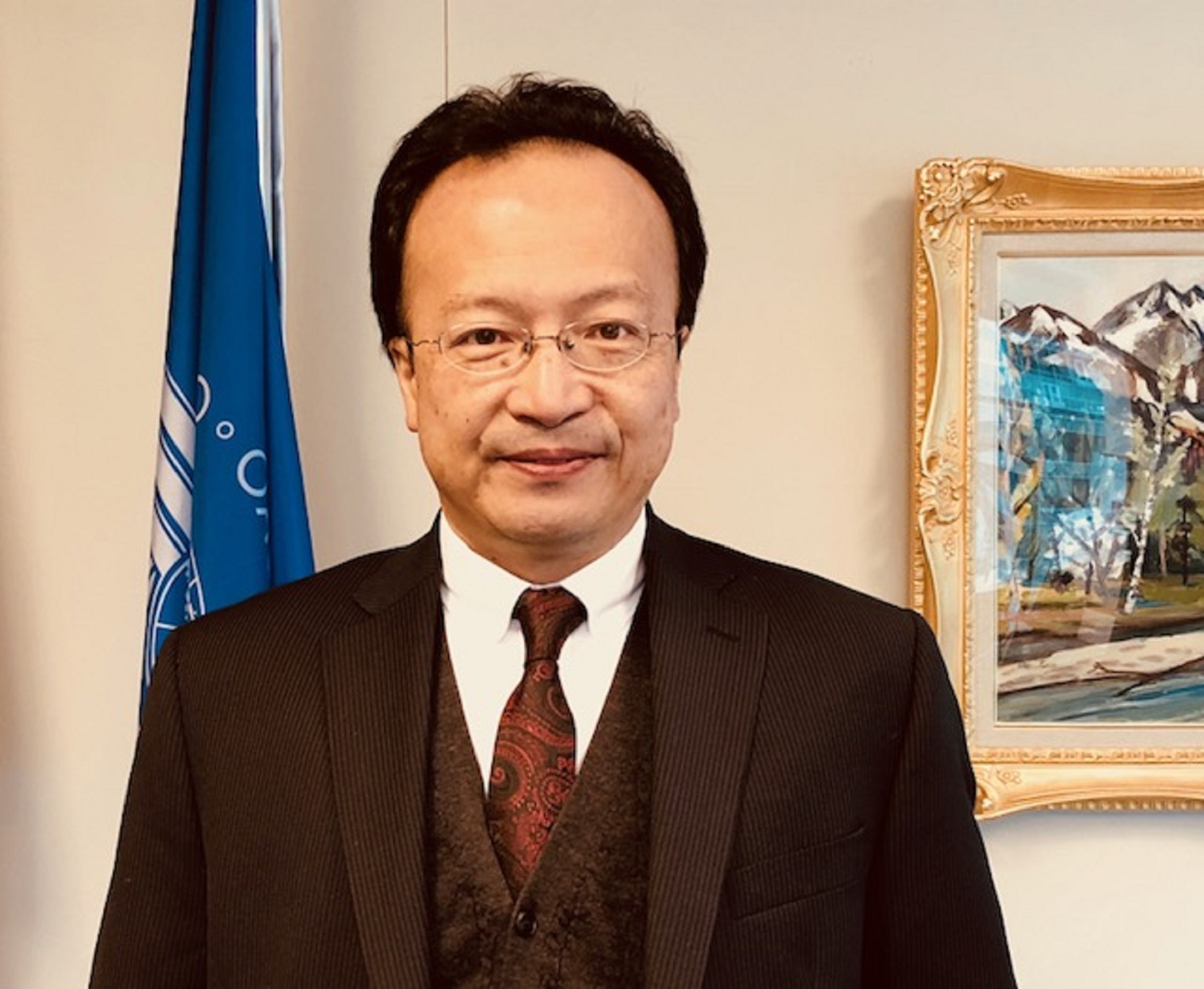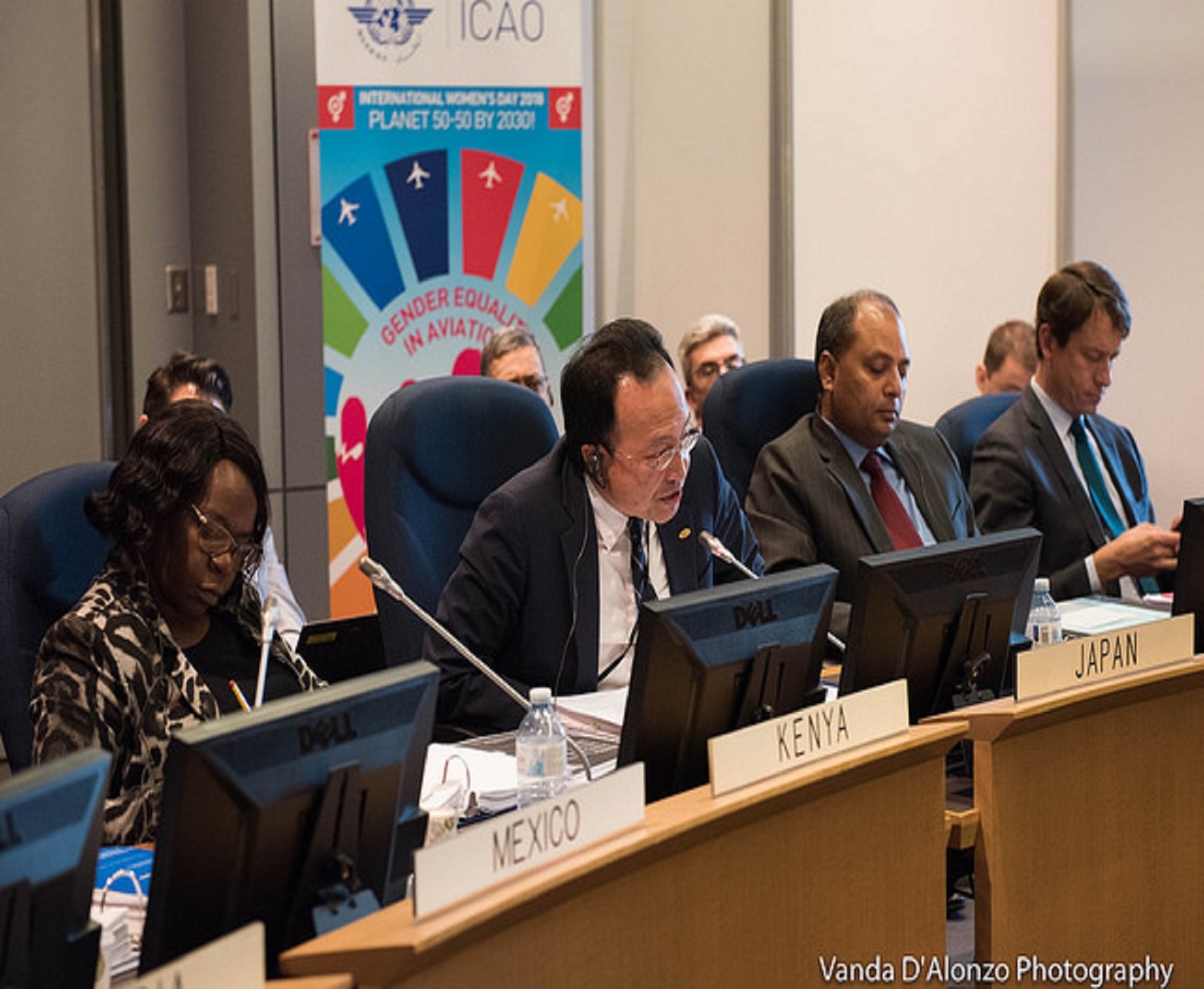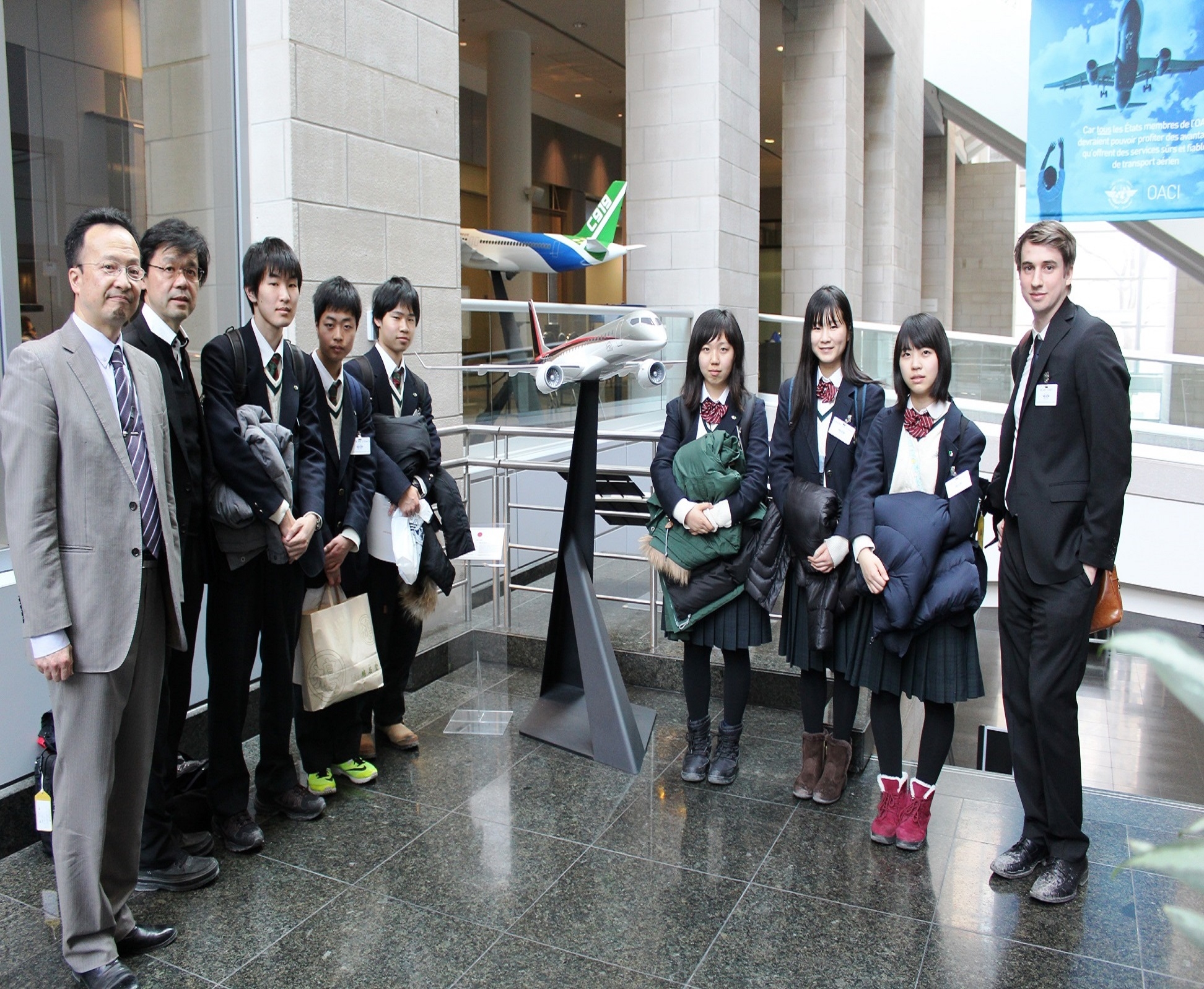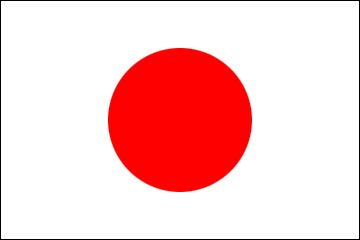2019 New Year Greeting from Chargé d’Affaires - Shinji Matsui
2019/1/17


Thank you for visiting the website of the Delegation of Japan to the International Civil Aviation Organization (ICAO) in Montreal.
As the Delegation of Japan to ICAO started to function as a diplomatic mission separate from the Embassy of Japan in Ottawa from 1 January onward, I would like to extend my greetings and New Year resolution as Chargé d’Affaires ad interim of the Delegation.
Let me start with the historic summary of Japan’s engagement with ICAO.
Having mentioned in my previous message two years ago, Japan joined ICAO in 1953 and has performed its responsibility as an ICAO Council member from as early as 1956. Ever since, Japan remains committed to ICAO’s efforts to set out rules and standards to keep abreast of rapid innovation of aviation technologies and ensure operational safety, security, and economic and environmental efficiency.
By mobilizing its best available regulatory and technical knowledge and expertise, Japan has contributed, and will contribute to the safe and orderly development of international civil aviation under the Chicago Convention, which established ICAO. This sustained Japan’s reconstruction efforts to lead the country to peace and prosperity through its coherent partnership with ICAO. It is as if Japan had already benefited from No Country Left Behind initiative before ICAO started to formally embrace it.
The next triennial Assembly will celebrate the 75th anniversary of its adoption this autumn.
In this connection, it is noteworthy that in 2017 Japan received more than 30 million foreign visitors, and it has over 700 flight per day departing from and arriving at its airports. Bearing in mind the hosting of 2020 Tokyo Summer Olympic and Paralympic Games for the near term, as well as to address the global challenges facing ICAO for the longer terms, Japan is ready to contribute to leading it to successful outcome for the existing and coming generations.
Finally, I would like to share some examples of Japan’s recent efforts and my own vision forward.
It is Japan’s high priority to contribute to sustainable development of the international civil aviation infrastructure and human potential and capacity. Last year, by sending its available experts, Japan took prompt and coordinated action to provide technical cooperation to Asian countries including Myanmar, Cambodia, Bangladesh and Afghanistan in need of training for their respective implementation of ICAO CO2 emission reduction scheme.
In addition, to attain the ICAO strategic goals by all members and stakeholders, diplomatic efforts are also essential in reality. For instance, Japan has recently led emergency response with all members concerned for ICAO to address safety risks caused by the DPRK to international flights in operation and ensure the compliance with the Chicago Convention.
I will continue to lead my Delegation with some personal credos derived from my own foreign service for nearly 30 years: not to hide and seek, but to seek and keep mutual respect, relationship in trust and conscience, and act by words and deeds for the benefit of Japan and the international community.
Your feedback or comment by email to japan@icao.int and/or by SNS coming soon on this website would be most welcome.
As the Delegation of Japan to ICAO started to function as a diplomatic mission separate from the Embassy of Japan in Ottawa from 1 January onward, I would like to extend my greetings and New Year resolution as Chargé d’Affaires ad interim of the Delegation.
Let me start with the historic summary of Japan’s engagement with ICAO.
Having mentioned in my previous message two years ago, Japan joined ICAO in 1953 and has performed its responsibility as an ICAO Council member from as early as 1956. Ever since, Japan remains committed to ICAO’s efforts to set out rules and standards to keep abreast of rapid innovation of aviation technologies and ensure operational safety, security, and economic and environmental efficiency.
By mobilizing its best available regulatory and technical knowledge and expertise, Japan has contributed, and will contribute to the safe and orderly development of international civil aviation under the Chicago Convention, which established ICAO. This sustained Japan’s reconstruction efforts to lead the country to peace and prosperity through its coherent partnership with ICAO. It is as if Japan had already benefited from No Country Left Behind initiative before ICAO started to formally embrace it.
The next triennial Assembly will celebrate the 75th anniversary of its adoption this autumn.
In this connection, it is noteworthy that in 2017 Japan received more than 30 million foreign visitors, and it has over 700 flight per day departing from and arriving at its airports. Bearing in mind the hosting of 2020 Tokyo Summer Olympic and Paralympic Games for the near term, as well as to address the global challenges facing ICAO for the longer terms, Japan is ready to contribute to leading it to successful outcome for the existing and coming generations.
Finally, I would like to share some examples of Japan’s recent efforts and my own vision forward.
It is Japan’s high priority to contribute to sustainable development of the international civil aviation infrastructure and human potential and capacity. Last year, by sending its available experts, Japan took prompt and coordinated action to provide technical cooperation to Asian countries including Myanmar, Cambodia, Bangladesh and Afghanistan in need of training for their respective implementation of ICAO CO2 emission reduction scheme.
In addition, to attain the ICAO strategic goals by all members and stakeholders, diplomatic efforts are also essential in reality. For instance, Japan has recently led emergency response with all members concerned for ICAO to address safety risks caused by the DPRK to international flights in operation and ensure the compliance with the Chicago Convention.
I will continue to lead my Delegation with some personal credos derived from my own foreign service for nearly 30 years: not to hide and seek, but to seek and keep mutual respect, relationship in trust and conscience, and act by words and deeds for the benefit of Japan and the international community.
Your feedback or comment by email to japan@icao.int and/or by SNS coming soon on this website would be most welcome.


<Summary introduction of Mr. Matsui>
● Current positions:
- Chargé d’Affaires ad interim from January 2019,
- Representative of Japan on the Council of ICAO from August 2016,
- Third Vice-President of the Council 2018-19
● Previous overseas assignments are Washington, D.C. (Congressional liaison at the Embassy 1992-95), Geneva (UNHCR liaison at
the Permanent Mission 2002-04), and Vienna (sent to Office of Legal Affairs of IAEA Secretariat 2004-09)
● Graduated in law from Kyoto University and Joined the foreign service of Japan in 1989. Earned Master’s Degree at California
Western School of Law in 1992.
● Born in Kyoto City, Japan.
